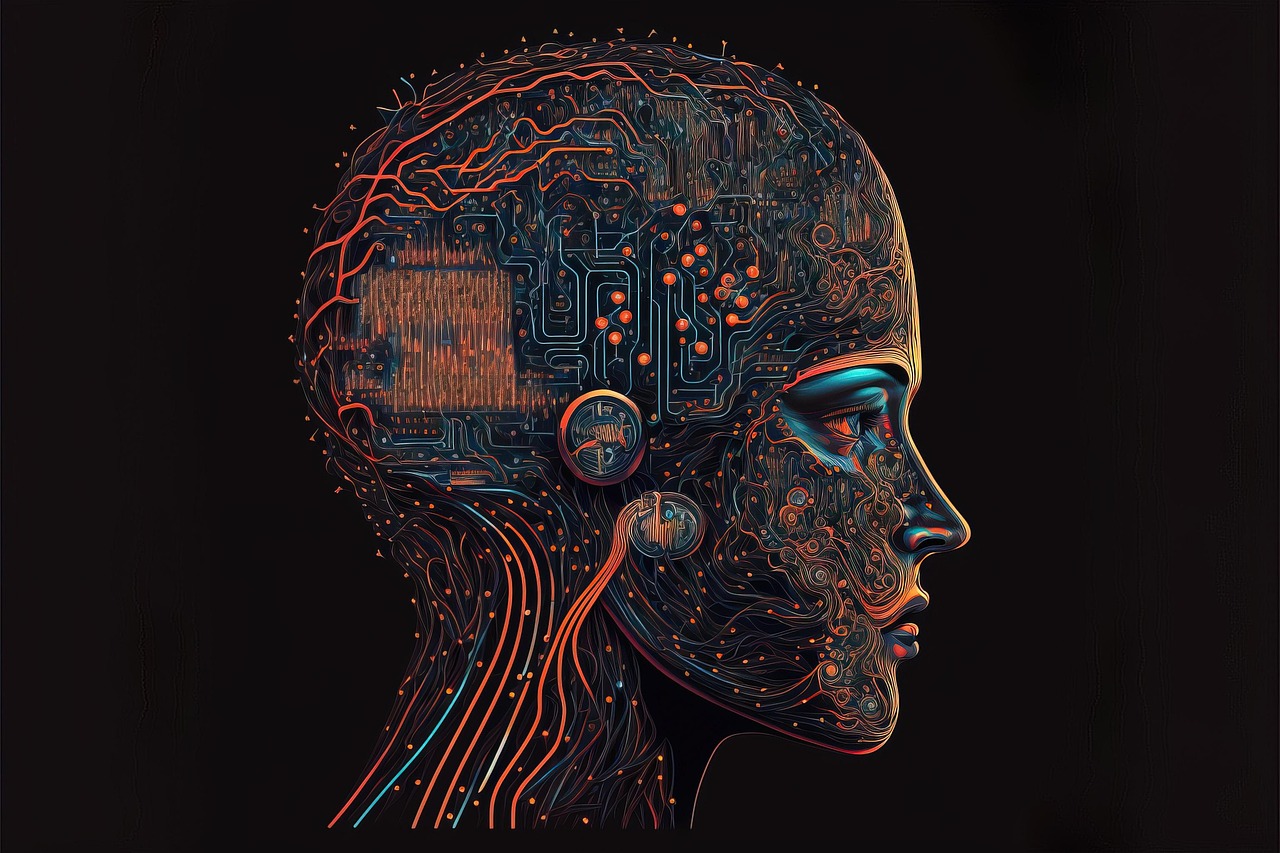Memory defines who we are. It determines our identity, and it is through memory that we navigate through life, connecting the past with the present. But what happens when memories become the source of suffering? Traumatic events leave a long-lasting impact on an individual and affect their daily functioning as well as their mental health.
Conventional medicine has traditionally employed therapy and drugs to manage trauma. But, for the first time, new technologies like artificial intelligence (AI) are offering new possibilities. Memory erasure is not longer a sci-fi fantasy; it is a rapidly emerging field. Neuroscientists and technologists are trying to figure out how to dull, edit, or even erase painful memories. These advancements, backed by neurotechnology, deep learning, and brain-computer interfaces, could change the way people manage trauma. But with such power comes profound ethical concerns. However, this raises several ethical issues.
Should people be allowed to decide what to remember and what to forget in their lives? Is it possible to control one’s mind without facing the long-term effects of it? And who should control this technology to avoid its misuse?
This article delves into the use of AI in modifying memories, the ethical issues surrounding it, and the implications for the future of mental health, individual identity, and cognitive empowerment.
The Ethics of Memory Modification: What the Science Says
This paper would be incomplete without discussing the science behind memory manipulation and how AI can influence this process before delving into the ethical issues. A memory is the storage of information in the brain, specifically in the hippocampus and amygdaloid regions. This is because when it comes to traumatic memories, the emotions that are connected with the memories make it hard for them to be erased from the memory.
The recent developments in neuroscience and AI enable scientists to experiment with the pathways in the following ways:
- Neural Decoding and Memory Alteration: BCIs powered by artificial intelligence can now identify the brain’s activity patterns that are associated with certain memories. This enables them to determine and change the patterns that are associated with the emotional recall of traumatic memories, for example.
- Targeted Brain Stimulation: Other methods include TMS and DBS, which are used to stimulate specific parts of the brain. Thus, AI-based models can be employed to determine the best frequency and duration of stimulation to erase or dampen traumatic memories while leaving other cognitive functions intact.
- Memory Reconsolidation Disruption: When memory is retrieved, it becomes active and can be altered through a process known as reconsolidation. The use of AI-based interventions is designed to interfere with this process to ensure that the memory is weakened or altered in some way before it is stored again.
- Pharmaceutical and AI Integration: There are drugs that are still in the experimental stage, which are known to erase memories and AI is being employed to individualize and improve such treatments according to the neurological feedback of every patient.
Although these technologies can provide innovative ways of treating trauma, they raise ethical issues that require thoughtful analysis.
Ethical Considerations in the Application of AI in Memory Modification
1. The Right to Forget vs The Importance of Memory.
Should people be permitted to erase or alter their memories? At first, this appears to be a question of freedom—much like visiting a therapist or taking drugs. But memories are not just personal; they are central to the formation of identity and strengthening of character. It is also important to note that while painful experiences are unpleasant, they are often growth-fostering.
If AI enables everyone to remove all the negative memories from their lives, how will this affect them? Do people become smarter and stronger through their past experiences or will they become a avoidance culture where nobody wants to face their flaws and instead opt for deletion?

2. The Abuse and Social Manipulation Risks
The more accessible memory modification technology will be, the greater the risk of misuse. Potential ethical violations include:
- Political and Social Control: Some authoritarian governments may erase people’s dissenting memories, changing the perception of the population and rewriting history.
- Legal Issues: Witness memories can be tampered with, which can lead to the disruption of justice systems and the undermining of legal evidence.
- Corporate Exploitation: The brands could be eliminating negative consumer experiences, impacting purchasing behaviours and ethical marketing practices.
3. Consent and Cognition: A Reminder of One’s Right to Decide
People in trauma may not be in the best mind and may not fully understand the implications of removing the memories from their system. Furthermore, if AI is to decide what is a ‘bad’ memory, it reduces people’s say in how they define themselves.
What guarantees that AI’s meaning of ‘negative’ memories is good for people and not for some other purpose?
4. Unintended Psychological Effects
Memories are linked. Altering one memory can randomly alter other related memories which can create cognitive dissonance or even identity fragmentation.
Furthermore, trauma is not a single memory, it is an umbrella that encompasses the emotional and social aspects of a person’s life. Just removing a event is not guaranteed to cure and covering up trauma without addressing it can have negative effects on one’s mental health.
Potential Future Applications and Safeguards
When used ethically, AI assisted memory manipulation could be very useful, especially in mental health treatment. Some potential applications are:
PTSD and Trauma Treatment
AI could help people with PTSD by easing the intensity of traumatic memories not by wiping them away altogether, so that emotions can be managed without the identity being lost.
Reduction of Phobia
It could help reduce fears and phobias by slowly desensitizing the neural responses to triggers through AI driven exposure therapy.
Selective Memory Enhancemen
Instead of deleting memories, AI could boost the positive ones, enabling people to move their attention from the negative past to the positive present without distorting their overall view of their past.
To ensure ethical use, the following safeguards must be implemented:
- Strict Legal Regulations: Governments must impose very strict policies on the use of memory manipulation technologies to avoid their abuse.
- Independent Ethical Oversight: Multidisciplinary ethics boards should review AI-based memory interventions.
- Transparency and Informed Consent: The user needs to know all the possible dangers, negative side effects, and consequences of memory alteration before deciding to undergo it.
- Robust Cybersecurity Measures: Since memory manipulation is based on the use of sensitive brain data, very strong cybersecurity measures must be taken in order to avoid hacking and unauthorized access.
Initial Thoughts: Should AI Be Allowed to Rewrite Human Memory?
The idea of memory modification with the help of AI is great and at the same time rather frightening. Although it can help people with mental disorders, there are issues with identity, choice, and possible abuse.
In the future, as AI and neurotechnology develop, open discussions on ethical, legal, and psychological implications will be necessary. Memory is not only a list of events that have happened in our lives; it is the source of who we are. Any attempt to alter it has to be done with a lot of caution and only if the advantages of doing so are greater than the disadvantages. In the end, the question is not whether AI can erase trauma, but whether it should.
This article is for informational purposes only and is not intended to provide medical advice.


